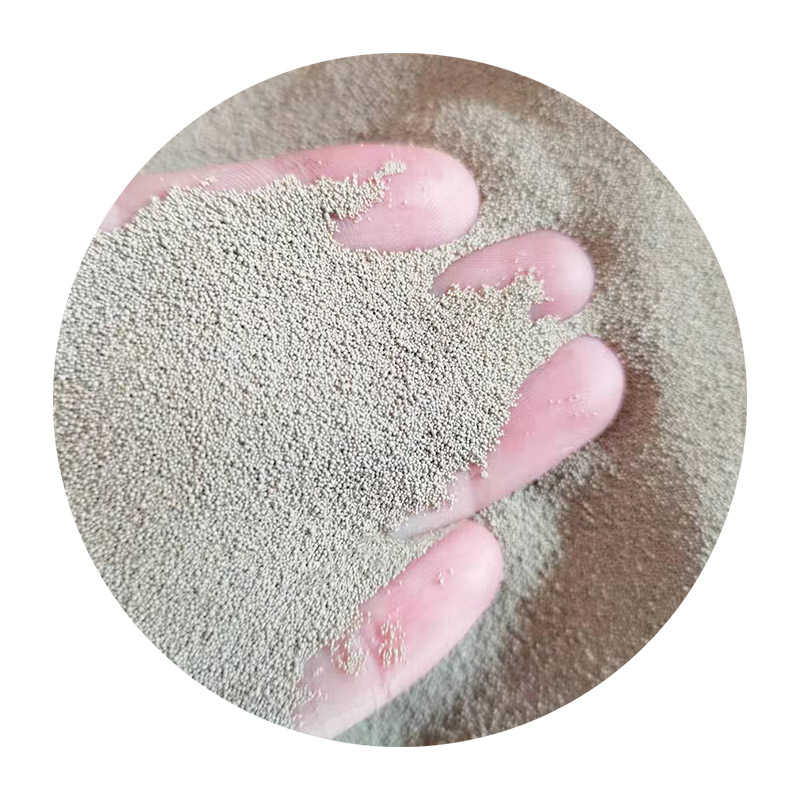The Importance of Foundry Casting Sand in Metal Casting Processes
Foundry casting sand is a crucial material in the metal casting industry, playing a significant role in the production of intricate metal parts and components. Understanding the properties and applications of this essential material helps to appreciate its contributions to quality and efficiency in the casting process.
What is Foundry Casting Sand?
Casting sand is a type of sand specifically formulated for use in the foundry industry. It is characterized by its ability to withstand high temperatures and its capability to form molds that capture fine details of the desired pattern. The predominant type of sand used in foundries is silica sand, which is favored for its high melting point and abundance. However, other types like zircon sand and chromite sand are also utilized for specific applications, particularly when unique properties are required.
Key Properties of Foundry Casting Sand
The effectiveness of foundry casting sand is determined by several key properties
1. Grain Size The grain size of the sand impacts the surface finish of the final casting. Finer sands produce smoother finishes, while coarser sands can create rougher textures. The optimal grain size depends on the application and the type of metal being cast.
2. Shape and Angularity Well-shaped grains that are angular rather than round are preferred in foundry applications. Angular grains interlock better, providing superior strength and stability to the mold.
3. Thermal Stability Foundry sands must be able to withstand the high temperatures generated during metal pouring. Sands with high thermal stability prevent mold deformation and ensure dimensional accuracy.
4. Moisture Content The moisture content in the sand is vital for mold strength. The right moisture balance prevents the sand from being too dry (which can lead to weak molds) or too wet (which can cause steam and defects in the casting).
foundry casting sand

Types of Foundry Casting Sand
Various types of foundry casting sand are used depending on the specific requirements of the casting process. Some of the most common types include
- Green Sand A mixture of silica sand, clay, and water, green sand is the most widely used mold material in metal casting due to its excellent molding properties.
- No-Bake Sand This type of sand is mixed with a chemical binder that hardens when exposed to air. No-bake systems enable quicker mold production without the need for moisture.
- Shell Molding Sand This technique involves coating a pattern with a resin-bonded sand. It offers superior surface finish and dimensional accuracy but can be more costly to produce.
The Role of Foundry Casting Sand in Quality Control
Quality control in metal casting is heavily reliant on the properties of the casting sand. Using the right type and mixture of sand ensures that the mold holds its shape, minimizing defects in the final product. A well-prepared sand mold can withstand the thermal shock of molten metal, resulting in a cleaner and more precise casting.
Furthermore, the performance of the sand can be monitored and adjusted through careful testing. Properties such as moisture content, grain distribution, and strength are routinely evaluated to maintain quality throughout the casting process.
Conclusion
In summary, foundry casting sand is a fundamental component in the metal casting industry. Its specific properties and types allow foundries to produce high-quality metal parts that meet the demands of various applications. With advancements in technology and materials science, the capabilities of foundry casting sand continue to evolve, driving improvements in efficiency and quality in the manufacturing sector. Understanding this material's significance enables manufacturers to optimize their processes and deliver superior products.
Post time:سپتامبر . 25, 2024 19:34
Next:resin coated sand manufacturing process
